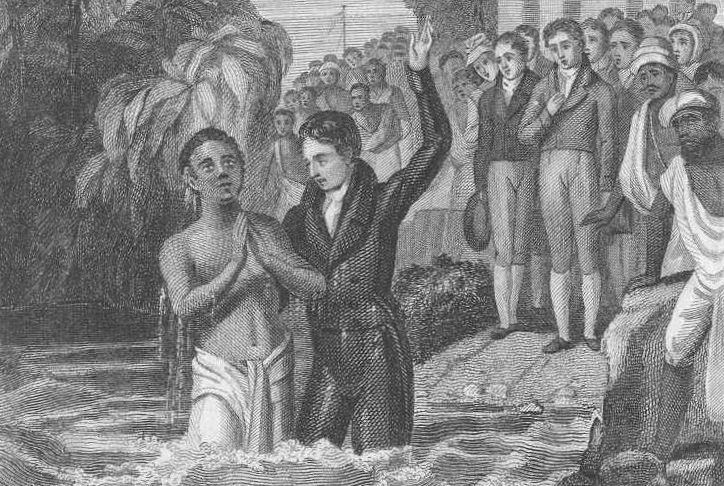“We must work the work of him who sent me while it is day, for night cometh when no man can work.”
(John 9:4)
God used the church at Antioch to commission and send out Paul and Barnabas to proclaim the gospel to unreached and unengaged people groups.
Two millennia following that first missionary journey, there are still hundreds of people groups around the world who have not heard the gospel of Jesus Christ. During the 2015 SEND Conference‘s session A Global Mission Strategy for Every Local Church, David Platt, President of the International Mission Board, reminded us that the local church is the agent that God has promised to use for accomplishing the Great Commission.
Observing a lack of urgency among our churches with respect to the vast number of unreached and unengaged people groups, Platt asked whether this complacency could be due to a belief that people who die without having heard the gospel will escape the wrath of God.
He rejected the age-old and yet popular notion that many roads, including blissful ignorance, lead to paradise, and he affirmed the singular message that personal faith in Jesus Christ is the only way of salvation for all people everywhere, and those who die without this saving knowledge face eternal damnation.
In his biography, Faithful Witness: The Life and Mission of William Carey, Timothy George attributed this same conviction to William Carey and the generations of missionaries who followed in his wake. George wrote that Carey’s life and witness encourage us “to resist the seductive power of syncretism and to remain faithful to the only gospel which can deliver lost men and women from the power of sin and death.”1
We can learn an important lesson from the Baptists of Northamptonshire who sent Carey to India. They believed that the missionary imperative was rooted in the eternal purpose of God to call unto Himself a redeemed people out of every nation, tribe and tongue on earth. Because of their high view of God and His gracious purpose, the sending pastors and churches were willing “to hold the ropes,” and Carey was willing to “venture all” to fulfill this call.2
It cost them much more than they ever anticipated and they accomplished much more than they ever dreamed.
Carey’s approach to missions involved a witness to the gospel in word and deed. “There were three bases in Carey’s plan to evangelize India,” according to George: “Preach the gospel, translate the Bible, and establish schools.”3
Last year, I met Bontha Samuel Sajan Kumar, Pastor of Baptist Church Lallaguda in Secunderabad, India. In sharing with me his narrative, Samuel said, “When Baptists brought the gospel to India they brought us salvation, education, and self-respect.”
Samuel’s reflection connected the propositional and incarnational dimensions of the gospel. This testimony would have pleased Carey, who, as George noted, “never shrank from understanding his mission to include both a social and an evangelistic responsibility.”
Platt has it right—the local church is God’s plan to accomplish the Great Commission. Like Paul and Barnabas, missionaries today are being called, commissioned, and sent out by local churches to take the gospel to the nations. Are we willing to hold the rope as our missionaries venture all in going to unreached peoples?
As George reminds us, “The best lesson we can learn from Carey is the principle by which he lived and died: ‘You should think of us as Christ’s servants, who have been put in charge of God’s secret truths. The one thing required of such a servant is that he be faithful to his master’(I Cor. 4: 1-2 TEV).”4
1 Timothy George, Faithful Witness: The Life and Mission of William Carey, special movie ed. (United States: Christian History Institute in association with Samford University, ©1998), 173.
2 George, 74.
3 George, 173.
4 George, 177.


